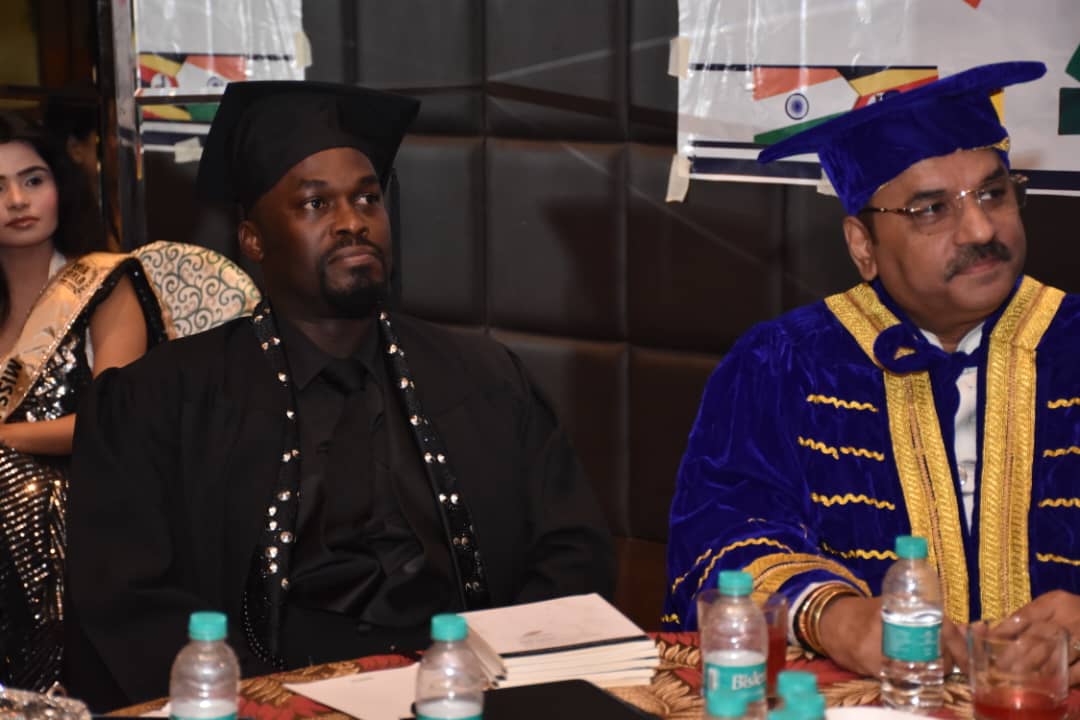People
Ugandan doctor Masembe wins peace, development award at Delhi summit
The conference, held on November 20, 2025, brought together political leaders, diplomats, academicians, policy experts and industry stakeholders to reflect on global challenges through the United Nations SDGs 2030, India’s Vision 2047 and Africa’s Vision 2063.
(Courtesy)
By: Alex Balimwikungu, Journalists @New Vision
__________________
Uganda’s representation stood out prominently at the Global Peace and Development Committee Conference 2025 held in Delhi, India, where senior global leaders gathered to discuss peace, diplomacy and sustainable development.
The conference, held on November 20, 2025, brought together political leaders, diplomats, academicians, policy experts and industry stakeholders to reflect on global challenges through the United Nations SDGs 2030, India’s Vision 2047 and Africa’s Vision 2063. Discussions centred on how rising geopolitical tensions, economic inequalities, climate threats and social divisions have made diplomacy more critical than ever.
(Courtesy)
Uganda was thrust into the spotlight when Dr Robinson Masembe, a respected diplomat and National Resistance Movement party patriot, was recognised with the 2025 Global Peace and Development Award. The accolade honoured his contributions to international diplomacy, humanitarian work, cultural cooperation, commercial engagement and the advancement of the SDGs.
In his keynote remarks, Masembe emphasised that diplomacy remains the world’s strongest pillar for peace and sustainable development. He urged nations to prioritise dialogue over confrontation.
“Diplomacy is the cornerstone of peace, prosperity, and human progress,” he said. “Without diplomatic engagement, nations become isolated and global trade, tourism, and investment suffer. We must build bridges, not walls.”
Masembe invited global investors to explore Uganda, describing the country as peaceful, stable and full of potential under the leadership of President Yoweri Kaguta Museveni.
He noted that Uganda’s Vision 2040 aligns strongly with India’s Vision 2047 and Africa’s Agenda 2063, reinforcing the role of South–South cooperation in shaping global development.
Indian speakers at the conference echoed similar themes. Pankaj Kumar Sharma explained that India’s goal of becoming a developed nation by 2047 goes beyond economic growth and includes global cooperation, cultural leadership, and environmental responsibility. Surjit Singh stressed that social justice, empathy, and inclusion must guide development efforts if global stability is to be achieved.
The Delhi conference concluded with a renewed call for countries to strengthen diplomacy as the world faces complex crises.